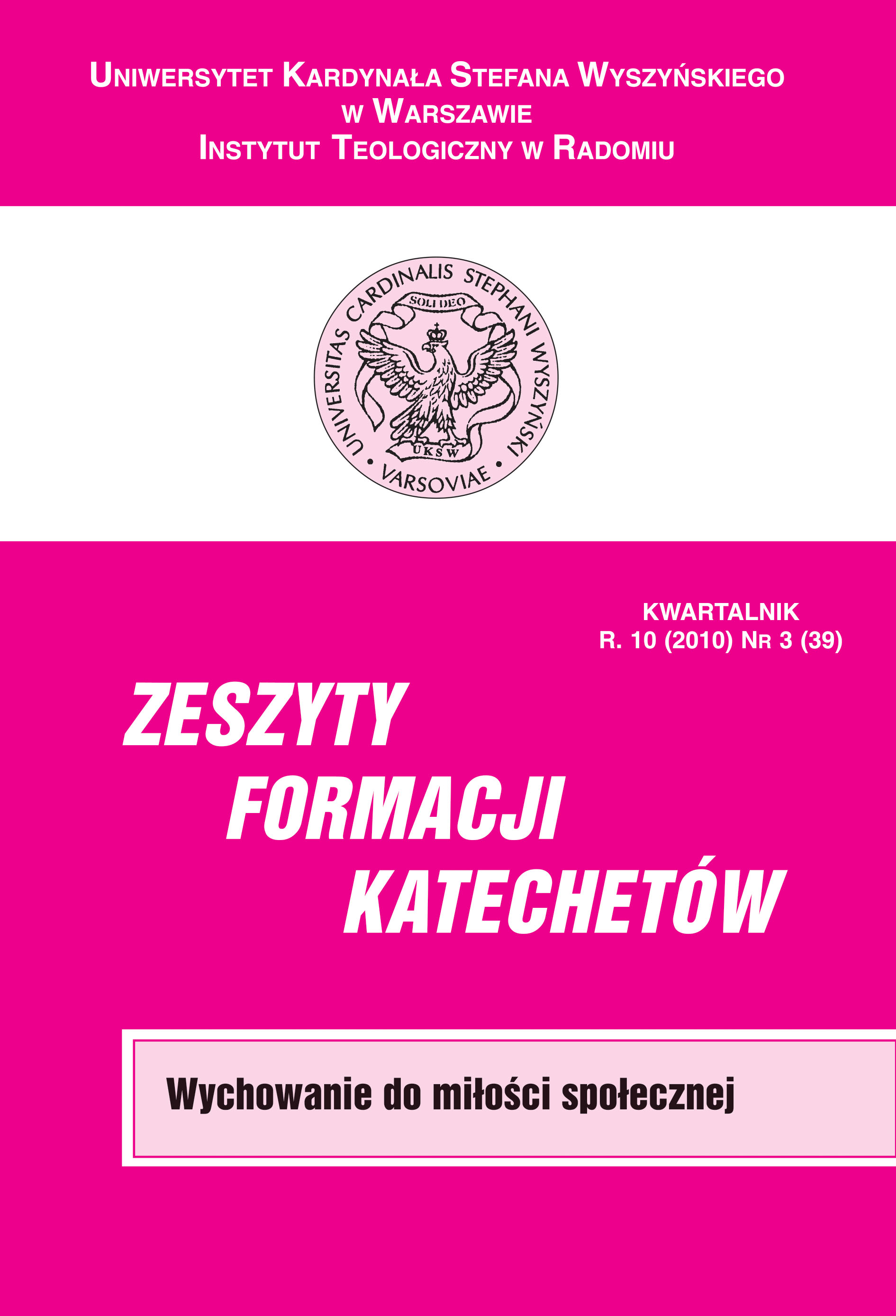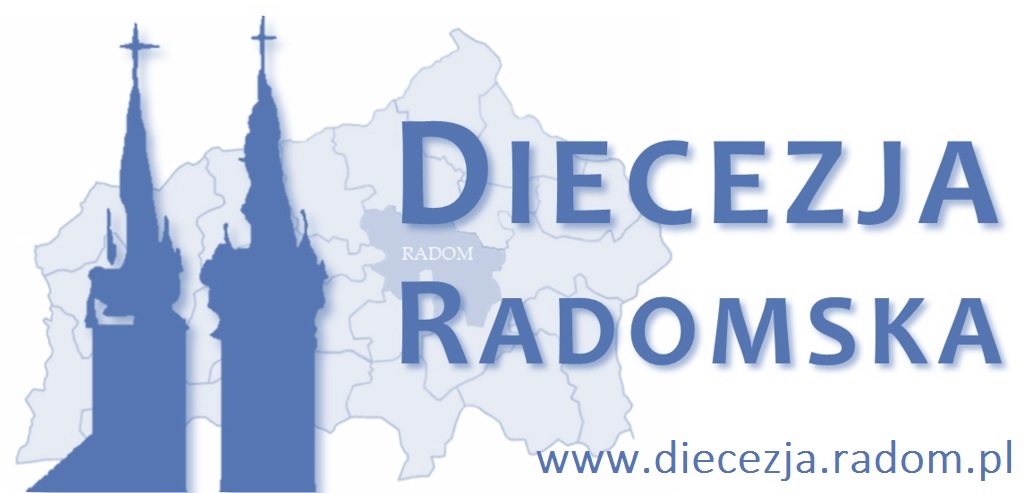Anthropological basis of prevention programs
Keywords:
prevention programsAbstract
The basis for the determination of the main objectives of the prevention of addiction and to prevent any unfavorable attitudes and behavior among children and adolescents is anthropology. Only this body of knowledge about man gives educators a chance to understand the pupil in a realistic and comprehensive and to be able to promote children and young people mature in all areas of their lives. Complete and realistic vision of a man is contained in the anthropology of the Bible. The achievements of psychology and pedagogy is in turn the basis for determining the methods and strategies to carry out the purposes of prevention. Prevention is based on an integral anthropology respects the fact that recourse to psychoactive substances and sex pre-or extramarital, violence and aggression, delinquency, school failure, and other troubling behaviors are interrelated phenomena, and that the only fighting each of them, can effectively prevent the occurrence the other.
References
Allport G. W., Becoming: basic con-siderations for a psychology of personality, New Haven 1955.
Bauman Z., Ponowoczesność jako źródło cierpień, Warszawa 2000.
Binswanger L., Ausgewählte Vorträge und Aufsätze, Bern 1947.
Brezinka W., Erziehen in der Gegenwart, Bonn 1991.
Buhler C., Allen M., Introduction to humanistic psychology, Monterey 1972.
Buhler C., Grundbegriffe der humanistischen Psychologie. Psychologie und Praxis, 1972.
Caruso I. A., Psicoanalisi e sintesi dell‘esistenza, Torino 1953.
Christian P., Das Personenverständnis in modernen medizinischen Denken, Tübingen 1952.
Daim W., Umwertung der Psychoanalyse, Wien 1951.
Dziewiecki M., Miłość pozostaje, Częstochowa 2001.
Dziewiecki M., Nowoczesna profilaktyka uzależnień, Kielce 2000.
Dziewiecki M., Odrzucenie norm moralnych i wartości duchowych, w: Od konfrontacji do dialogu, red. V. Kmiecik, Lublin 2003.
Dziewiecki M., Państwo, światopogląd i wychowanie, „Wychowawca” nr 11 (2001).
Dziewiecki M., Pedagogika integralna, Warszawa 2010.
Dziewiecki M., Wychowanie w dobie ponowoczesności, Kielce 2002.
Dziewiecki M., Wychowanie: mity, ideologia i realizm, „Katecheta” nr 2 (2003).
Frankl V. E., Grundriss der Existenzanalyse und der Logotherapie, München 1959.
Freud S., Opere, Torino 1976.
Gebsattel V., Gedanken zu einer anthropologischen Psychotherapie, München 1959.
Grzelak S., Porządek miłości i wiarygodność, „Remedium” nr 10 (2001).
Grzelak S., Seksualność a alkohol, „Remedium” nr 11 (2000).
Jastrun E., W poszukiwaniu nowych dróg, „Świat Problemów” nr 12 (2001).
Koslowski P., Die postmoderne Kultur, München 1987.
Maslow A. H., Motivation and personality, New York 1954.
May R., Existential psychology, New York 1961.
Mounier E., Co to jest personalizm?, Warszawa 1960.
Rogers C, R., Client-centered therapy. Its current practice, implications and theory, Boston 1951.
Rogers C. R., A theory of therapy, personality, and interpersonal relationships, as developed in the clientcentered framework, New York 1959.
Schockenhoff W., Zur Lüge verdammt, Freiburg 2000.
Skinner B. D., Science and human behavior, New York 1953.
Sochocki M., Zawód – profilaktyk?, „Świat Problemów” nr 12 (2001).
Spaemann R., Osoby. O różnicy między czymś a kimś, Warszawa 2001.
Thomae H., Das Individuum und seine Welt: eine Persönlichkeitstheorie, Göttingen 1968.
Watson J. R., Behavior: an introduction to comparative psychology, New York 1914.
Wojciechowski M., Patologia inicjacji, „Remedium” nr 9 (2000).
Downloads
Published
How to Cite
Issue
Section
License
Copyright (c) 2010 KATECHISTS' PERIODICAL

This work is licensed under a Creative Commons Attribution-NonCommercial-NoDerivatives 4.0 International License.






